Visit Bulgaria and Romania 11 days tour
€2250.00
This amazing Eastern Europe Tour starts from Sofia-Bulgaria and ends after 10 wonderful days in Bucharest the capital of Romania. Visit Bulgaria and Romania and have a taste of a unique blend of experiences, mixing the cultural sightseeing tour of the ancient medieval towns or villages, with the breath-taking mountain scenery of Carpathian Mountains.
Description
Visit Bulgaria and Romania – 11 DAYS, 10 NIGHTS
TOUR HIGHLIGHTS:
Take a sightseeing tour of Sofia
Visit Rila Monastery UNESCO world heritage
Visit the tourist attractions of Plovdiv old town
Enter in Thracian tombs of Kazanluk
Admire stunning views from Veliko Tarnovo fortress and old town
Be amazed by the beautiful medieval city of Sibiu in Transylvania
Find out the legends and myths of Hunyadi`s Castle,
Alba Iulia Fortress
Enjoy your moment of relaxation in Rimetea Village in Transylvania.
Descend 120 meters underground into unique Turda Salt mine.
Take a tour of Cluj – Napoca and see the best tourist attractions.
Drive through beautiful mountain scenary passing from Transylvania Region to Bukovina Region to visit Painted Monasteries UNESCO listed.
Tour the unique medieval town of Sighisoara
Find out about the Saxon of Transylvania at Biertan Fortified Church
Viscri Village is the place where Prince Charles is coming to spend his holiday.
Brasov is a wonderful town located in Transylvania being surrounded by the Carpathian Mountains.
Tour Bran Castel aka Dracula Castle
Admire the outstanding art collection and masterpieces of Peles Castle.
Take the best of Bucharest tour with a local guide.
Day 1:
Arrival in Sofia
Pick-up from the airport of Sofia by your local tour guide and transfer to the hotel. Depending on your arrival hour we can take a short panoramic tour of Sofia, visiting the old town. Overnight in Sofia 3***.
Day 2: Panoramic tour of Sofia – Visit of Rila Monastery- Tour of Plovdiv
During the panoramic sightseeing tour of Sofia you will visit some of the most important tourist attractions of the capital of Bulgaria. One of them is Alexander Nevski Cathedral, the biggest church in Bulgaria and according to many – the most spectacular building in Sofia.
Next to Alexander Nevski Cathedral is The Church of Sveta Sofia, one of the oldest surviving Christian churches dating from the 6th century and probably the seat of the city`s bishop during the second Bulgarian Kingdom in the 12th century. National Assembly Square is another interesting stop. Here is located the Monument to the Tsar Liberator, an equestrian statue of Tsar Alexander II of Russia, whose war with the Ottoman Empire led to the liberation of Bulgaria. During this walking tour of Sofia you will admire the opulent Neo-Classical style building of National Theatre, built in 1907 by two Viennese architects.
Next to the Presidency of Bulgaria is The Party House, built in 1954 to serve as the headquarters of the Central Committee of The Bulgarian Communist Party, this is Sofia`s most imposing example of Stalinist era architecture.
Another interesting stop will be The Rotonda of Sveti Georgi which probably stands on the site of a pre-Christian temple. The church was converted into a mosque in the 16th century but the interior frescoes were kept.
Leaving Sofia after lunch, we go south towards the ancient Rila Monastery, included in UNESCO World Heritage.
Rila`s monks played a crucial role in preserving Bulgaria`s language and history during the most repressive periods of Ottoman rule. Magnificent murals adorn the church walls, illustrating religious characters and different episodes from the Bible.
After the interesting visit to Rila Monastery and a couple of hours driving we will reach Plovdiv town which consists of steep cobbled streets lined with fine National Revival houses from the 19th century, many of them. During the Plovdiv Sightseeing tour we will visit the famous Roman Theatre.
The three hills on which Plovdiv`s Old town stands were settled by Thracians in the 5 the millennium BC. The history of the ancient town of Plovdiv is pretty much connected with the Byzantine and Roman Empire History, the arrival of the Slavic tribes in the area, then the Ottoman conquering but also with Liberation of Bulgaria started before the 1878 war from here. There is a long list of tourist attractions of Plovdiv and here we will mention just couple of them: Roman Stadium, Dzhumaya Mosque, Church of Sveta Bogoroditsa and some of the most important National Revival style houses built for wealthy merchants in Plovdiv`s Old Town. Do not miss the impressive Roman marble amphitheater, set on the hillside overlooking the city and the mountains, which was discovered during a construction work in 1927.
You can end this wonderful day with a Bulgarian traditional dinner and a glass of Bulgaria’s best wine.
Overnight in Plovdiv at 3*** hotel close to the old town.
Day 3: Plovdiv sightseeing tour – Thracians tombs of Kazanluk – Veliko Tarnovo – Bucharest
After the Plovdiv sightseeing tour we will depart towards Kazanluk Region, famous for its rose fields and Thracian Tombs. The Thracian Tomb of Kazanluk is one of the most significant monuments of Thracian culture in Bulgaria listed in UNESCO since 1979. The Valley of Thracian Kings is dotted with Thracian tombs that date from the 5th to the 3rd centuries BC. Here we will visit Kazanluk Tomb.
Next important stop of the day will be Veliko Tranovo old Town and Tsarevets fortress. Tour the impressive Tsarevets Fortress, the ancient capital of the second Bulgarian Kingdom.
If time allows we can stop at Arbanasi Village, one of the best preserved traditional Bulgarian villages. Visit here the Church of Nativity and find out the symbols behind this amazing preserved frescoes. In the afternoon we will reach the border with Romania and cross the Danube River on Friendship Bridge to continue for one more hour towards Bucharest.
Overnight in Bucharest 3***– Centrally located.
Day 4: From Bucharest –we transfer you by car to Sibiu in Transylvania.
During the summer time we can take the scenic drive of Transfagarasan Mountain Road (open from July to October), one of the famous scenic roads in Romania, considered by Top Gear to be the best road in the world.
On the way to Sibiu we can stop at the ruins of Poienari Castle rebuilt by Vlad the Impaler, another interesting place strongly connected with a real life character of the 15th century known as Dracula. When the Turks besieged Poienari in 1462 Vlad Tepes escaped with the help of Arefu villagers.
Reaching Sibiu we will make a walking tour of the most important city attractions of this beautiful Transylvanian town. During these hours we will admire the squares where once the merchants of this flourishing town were selling their goods, and take some photos of the medieval fortifications that saved the town against the Turks and Tatars attacks. Our walking tour of Sibiu continues with Liar`s Bridge, one of the first cast-iron structures in Romania, Brukenthal Museum, a palace belonging to the Austrian Governor of Transylvania, Council Tower and History Museum which displays the objects and goods made by the town`s guilds.
Overnight in Sibiu hotel
Overnight in Sibiu at hotel 3***
Day 5: Sibiu – Hunyadi Castle- Alba Iulia Fortress– Rimetea Village
Depart Sibiu and travel through legendary Transylvania Region to the famous Hunyadi`s or Corvin Castle. Hunyadi Castle is considered one of the „haunted” places in the world and it was the subject of various documentaries. Hear about the myths and legends from you Romanian travel guide.
From Hunyadi Castle we drive to Alba Iulia to visit one of the best preserved Vauban Fortress in Europe. The citadel of Alba Iulia was recently restored so this looks better than ever.
We continue onto the foothills of Trascau Mountains where you can visit Rimetea Village and sleep in a cosy Hungarian manor form 18th century.
Overnight in Rimetea Village
Day 6: Rimetea Village – visit Turda Salt mine – sightseeing tour of Cluj Napoca – Gura Humorului
In the morning we leave Rimetea Village for a very interesting visit of Turda Salt mine, which is an underground theme park. Inside this unique salt mine looks like a submerged wonderland. At 120 m deep you’ll find a bowling alley, the amphitheatre, the underground lake with paddle and row boats, ping pong table, basketball court, and even a Ferris wheel.
Continue our trip in Transylvania with a stop in Cluj-Napoca historical town. During Cluj-Napoca, we visit the best tourist attractions of the second most populous city in Romania and a very important University Town in Transylvania. The tour starts with a visit of Saint Michael Church – one of the most beautiful gothic monuments from Transylvania. Next is the Franciscan Monastery, Orthodox Cathedral, Piarist Church, Orthodox Church on The Hill, Unitarian Church
Matei Corvin House
National Art Museum Francisc Obelisk Ethnographic Museum of Transylvania Babes-Bolyai University National Theatre and Romanian Opera
Overnight in Gura Humorului in a very beautiful setting.
Day 7: Painted Churches Tour of Bukovina Region
Today we take a leisure tour of Painted Churches of Bukovina. We will visit three of the most famous painted Monasteries of Bukovina, some of them listed in UNESCO world Heritage.
The day tour of painted churches of Bucovina can start with a memorable visit of Voronet Monastery unique in the world, and considered the “Sistine Chapel of Orient”. It is famous for its exterior frescoes having a lots of symbols but mainly for its striking blue of Voronet that is matching the sky. Your local guide will take a detailed tour of Voronet Monastery.
Day 8: Gura Humorului – Bicaz Gorges- Praid Salt mine- Red Lake- Sighisoara
Travelling south through Bukovina Region into Transylvania and cross the foothills of the Carpathians Mountains, you arrive in the picturesque medieval town of Sighisoara. On the way we will make some interesting photo stops. The highlight of the day is the Bicaz Gorges, where you can take a short walk for photos and the Red Lake which was formed by a mountain sliding in the 1830s.
Back in Transylvania, we pass through the area inhabited mostly by the Hungarian Szeklers community, which actively maintains its distinct culture and even script.
Optional visit at Praid Salt mine:
In the village of Praid visit the local salt mine (the mine has an easy access by bus). Afternoon arrival to Sighisoara – World Heritage Site and the only still inhabited medieval citadel in Europe.
Day 9: Tour of Sighisoara- Visit Viscri Village – Tour Bran Castle- Walking tour of Brasov Old Town
In the morning we take a short walking tour of Sighisoara considered one of the best preserved medieval settlement in Romania. During Sighisoara tour we will not miss the famous Clock Tower that have an ingenious mechanism designed by the craftsmen of Gratz, the Church of the Hill, recently restored to bring back fragments of the late 15th century frescoes or the Covered Stairway built in 17th century to facilitate the way of children to the School on the Hill during winter.
This Transylvanian citadel is a stunning combination of cobblestone streets, colourful houses, medieval high walls and massive guild towers. Add to these the stories and dramas behind the old walls and you will have the best holiday in Romania. The tour of Sighisoara will include a stop to the supposedly birthplace of the real life character Vlad the Impaler aka Dracula.
Not far from Sighisoara is located another UNESCO world Heritage site. This is the famous Viscri Village, known for one of the oldest fortified church in Romania, and generously sustained by Prince Charles of Wales, who fell in love with the magnificent natural beauties of Transylvania. Visit the impressive fortified church of Viscri and enjoy a walk on the streets of the village to discover the unspoiled rural life of it.
Further on, we reach the infamous Bran Castle one of the top tourist attractions in Romania. Initially just a defensive point built by the Teutonic Knights, later on Bran Castle was reinforced in 1377 to safeguard the trading route between Wallachia and Transylvania Provinces. During the monarchy time, the castle was restored and enlarged a few times to become a royal residence for Queen Marie of Romania. Your local Romanian guide will reveal many legends and stories about the turbulent history of this place.
In the afternoon we reach for Brasov Medieval town. You will have the chance to admire the impressive 14th century Black Church, one of the landmarks of Brasov.
Inside of Black Church you can admire a beautiful collection of 120 Anatolian rugs, the unique Buchholz, organ having 4000 pipes and considered one of the biggest in Europe. Do not miss during the tour of Brasov the defensive towers and walls such as the White Tower or Weavers Bastion, or take a cable car ride to Tampa Hill to admire the historical old town from above.
Overnight in Brasov – at Casa Wagner 3*** or similar.
Day 10: Brasov – Visit Peles Castle – Easy Trekking Bucegi Mountains- Bucharest
Today we journey south through Prahova Valley. Along this narrow corridor linking Transylvania with Wallachia, are some of the best mountain resorts of Romania. One of them is Sinaia Mountain Resort. Reaching out here you will discover a Sinaia Monastery named after St. Catherine Monastery on Mount Sinai and Peles Castle Complex built at the end of 19th century by the Royal family. Taking a tour of Peles Castle, you will discover some of the best preserved Castle from the Eastern Europe. Admire the beautiful gardens and mountain surroundings, as well as the reception hall, the armoury collection, the music hall, Italian room, Moorish and Turkish Salon, the Cinema Hall.
If time allows we can take a trekking tour of Southern Carpathians. The trekking tour can last up to 3 hours and during this nice walking adventure on Bucegi Plateau you will take stunning pictures of the Mountains and visit the popular natural rock formations of “The gossiping ladies” and the Romanian Sphinx. After 3 to 4 hours of trekking we take the car and continue Romania and Bulgaria Tour towards Bucharest. Afternoon arrival in the capital of Romania, Bucharest.
Overnight in Bucharest at Opera Hotel 3 *** – centrally located
Day 11: Bucharest Sightseeing Tour
The sightseeing tour of Bucharest that we will do today include some of the best attractions of this thriving wonderful city located in the Eastern part of Europe, once crossed by caravans traveling between Orient and Occident.
During the walking tour of Bucharest we visit the Old financial district, some of the best preserved inns or caravanserai, the Russian and Stavropoleaus Churches, the old Royal Court from where Vlad the Impaler mentioned for the first time the city of Bucharest in 1459, the impressive building of History Museum of Bucharest.
Taking the car we will go even further and explore the Northern Part of Bucharest. A leisure walk through the alleys of the Village Museum is like a journey back in time. Admire the old traditional Romanian houses in the Village Museum, find out the important meaning of the Triumphant Arch or take some really nice pictures with the Stalin`s Cake style building – House of the Free Press.
Do not miss the stories of your local guide about the Palace of Parliament a colossal communist building that ruined the budget of Romania, the Revolution Square where the Romanian students fought for their freedom in December 1989.
Like to see more? We have more to offer: Romanian Athenaeum, Old Royal Palace, University Square, Patriarchy Hill or one of the large parks of Bucharest. There will be some free time for lunch otherwise how can you have a complete experience of Bucharest.
Drop-off to your hotel in Bucharest or transfer to the airport. End of the tourist service.
_________________________________
Here are some ideas to visit Romania.
Visit Bulgaria from Bucharest with our 3 day tour.
Tryour visit Bulgaria and Romania summer tour of 5 days.
Related Tours
-
Explore Northern Bulgaria – 1 Day
Rated 5.00 out of 51 Days €175.00This is a trip to Northern Bulgaria, a land full of historical treasures, breath-taking scenery and made whole by the hospitality of its inhabitants. Departure from Bucharest and visit to Veliko Tarnovo, Arbanasi Village, and Basarabov Monastery.
-
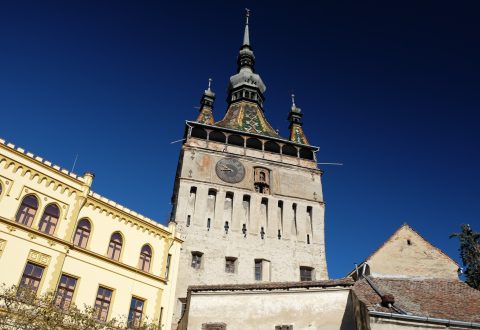
Budapest departure
Visit Transylvania from Budapest
6 Days €900.00This tour lets you visit Transylvania from Budapest, starting from the capital of Hungary and passing through the historical region of Transylvania, ending after 6 days in Bucharest, Romania`s capital city.
-
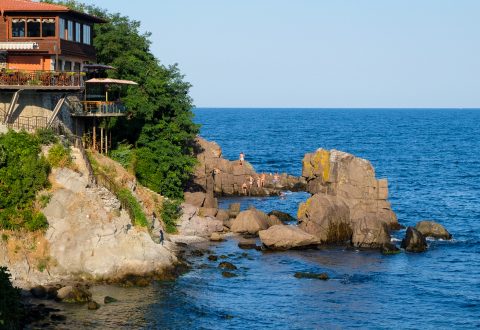 Exclusive by RTS
Exclusive by RTSRomania and Bulgaria summer tour 5 days
5 Days €840.00Take a private tour of Romania and Bulgaria Black Sea Coast visiting Danube Delta, Balchik Palace gardens, Nessebar Island, Sozopol old town, Plovdiv ancient ruins and Sofia. The tour of Black Sea Coast starts from Bucharest, pass through some of the most important attractions of Romania and Bulgaria, and it end to Sofia.


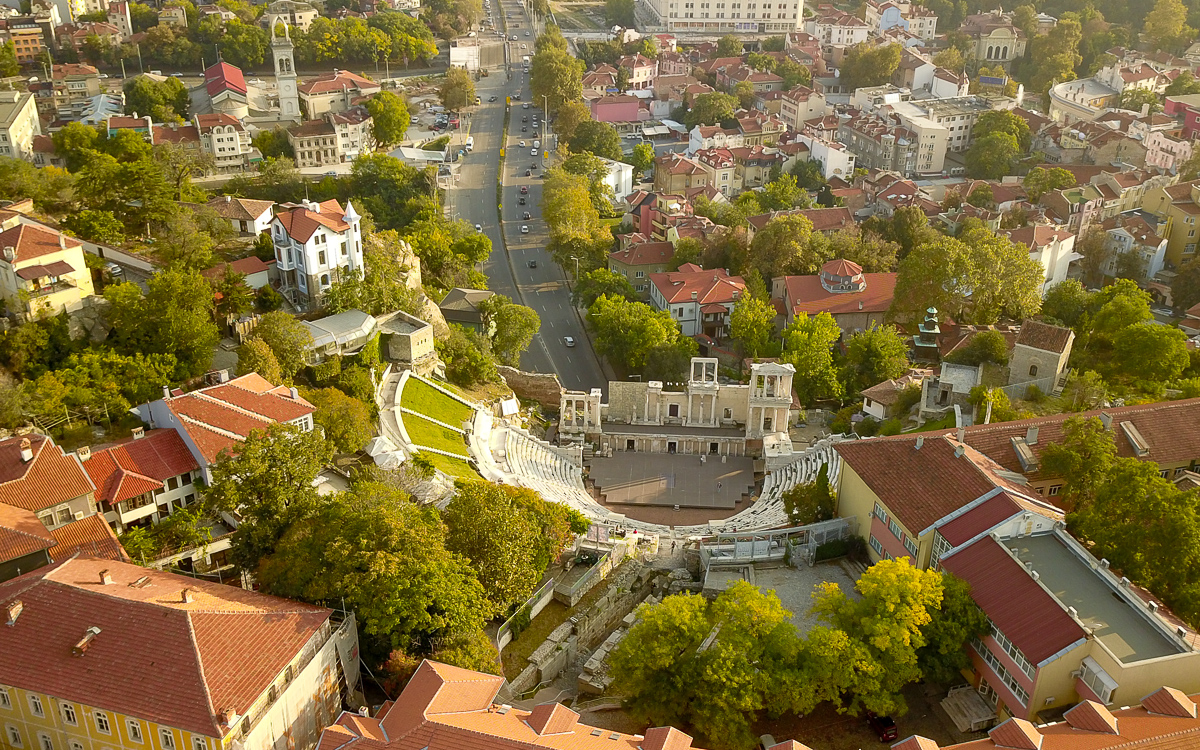
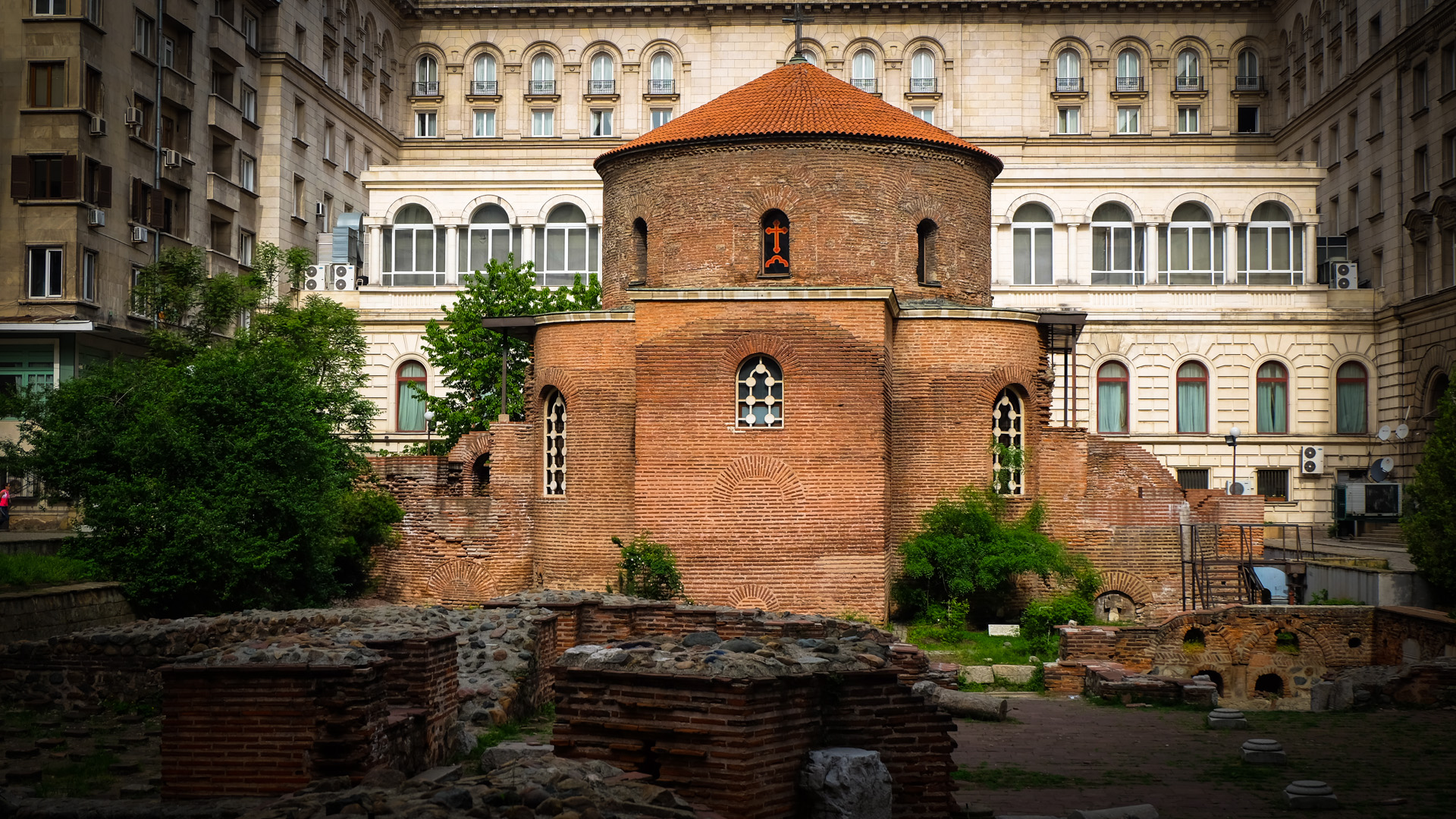
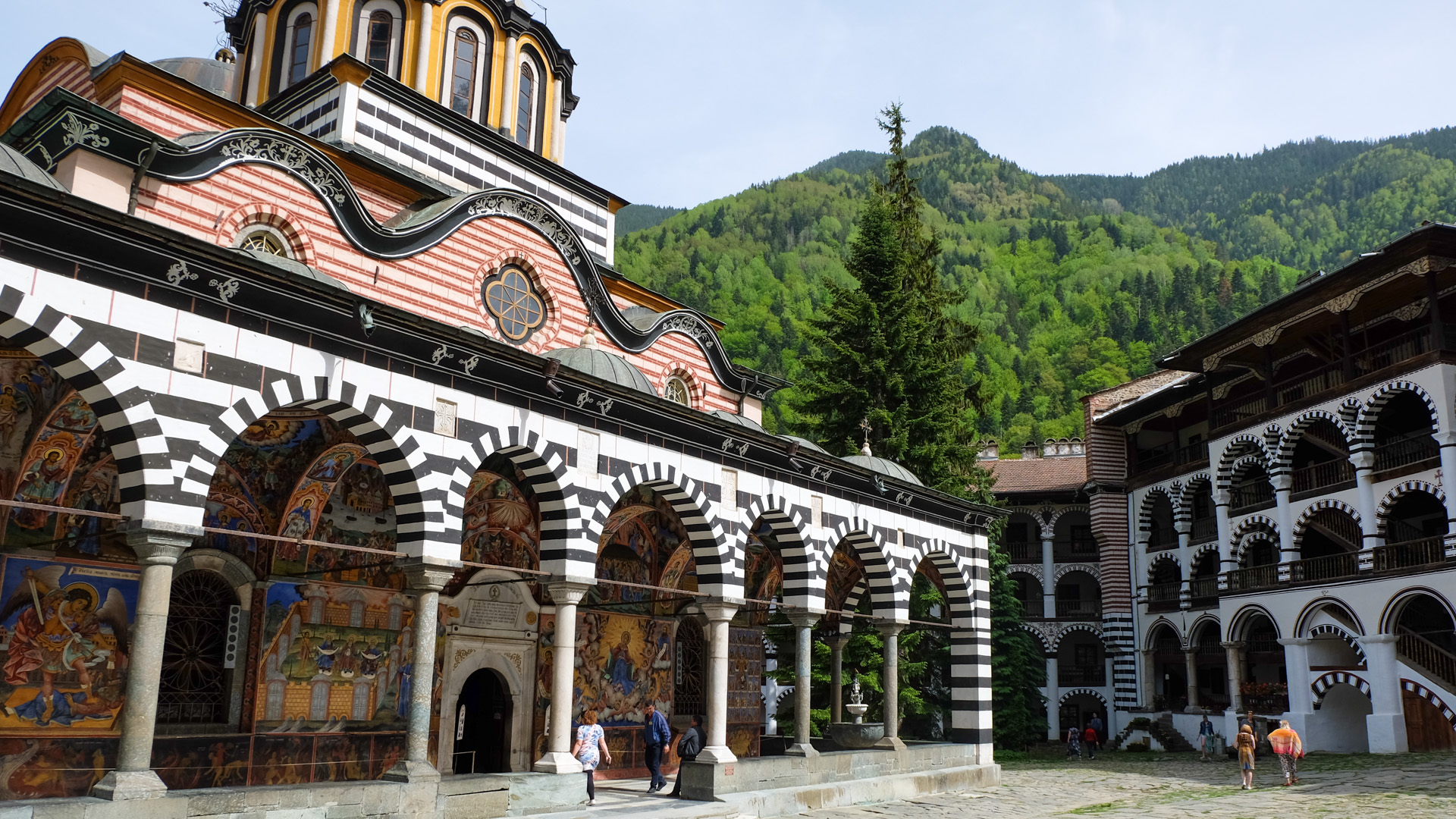
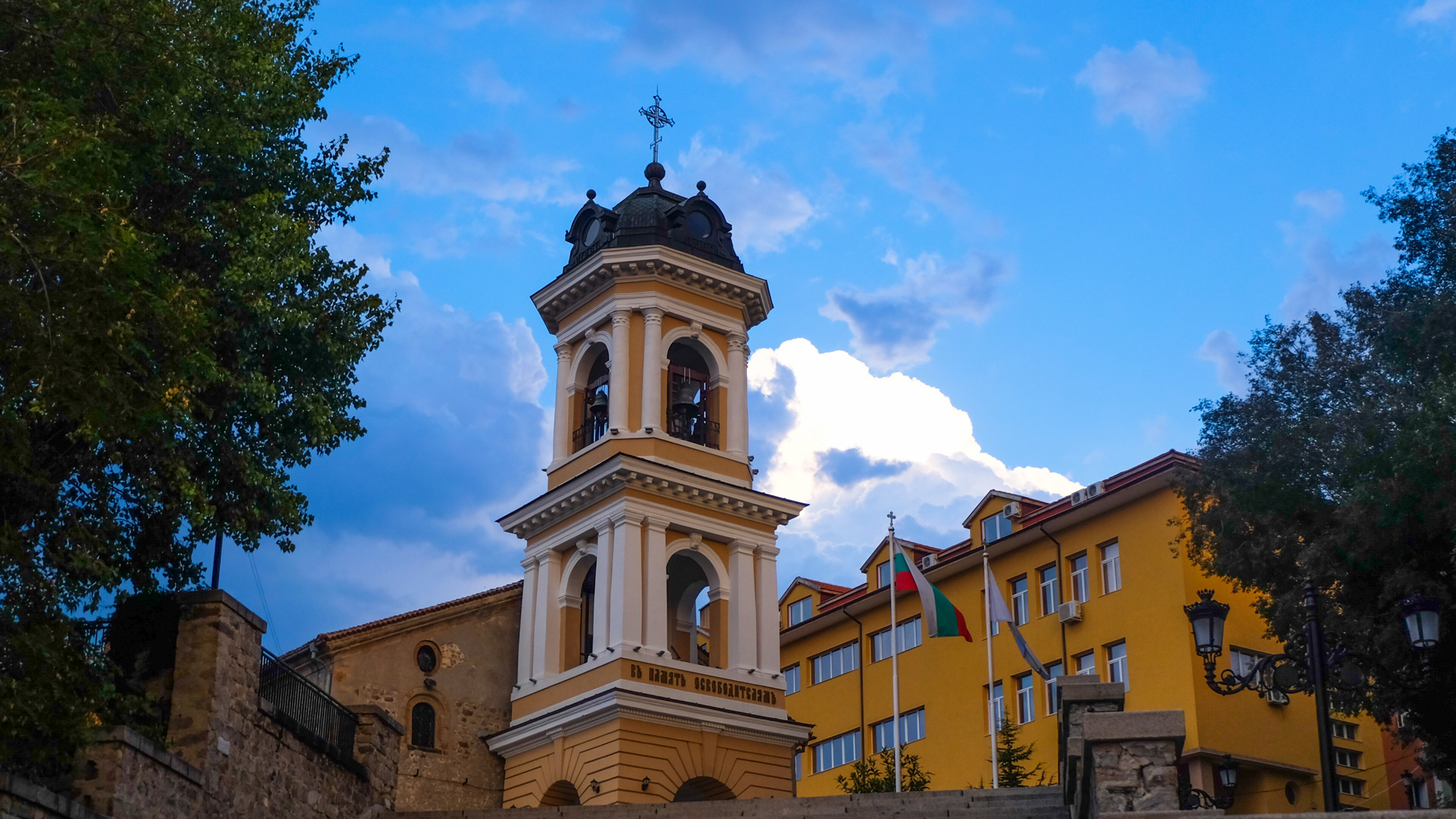
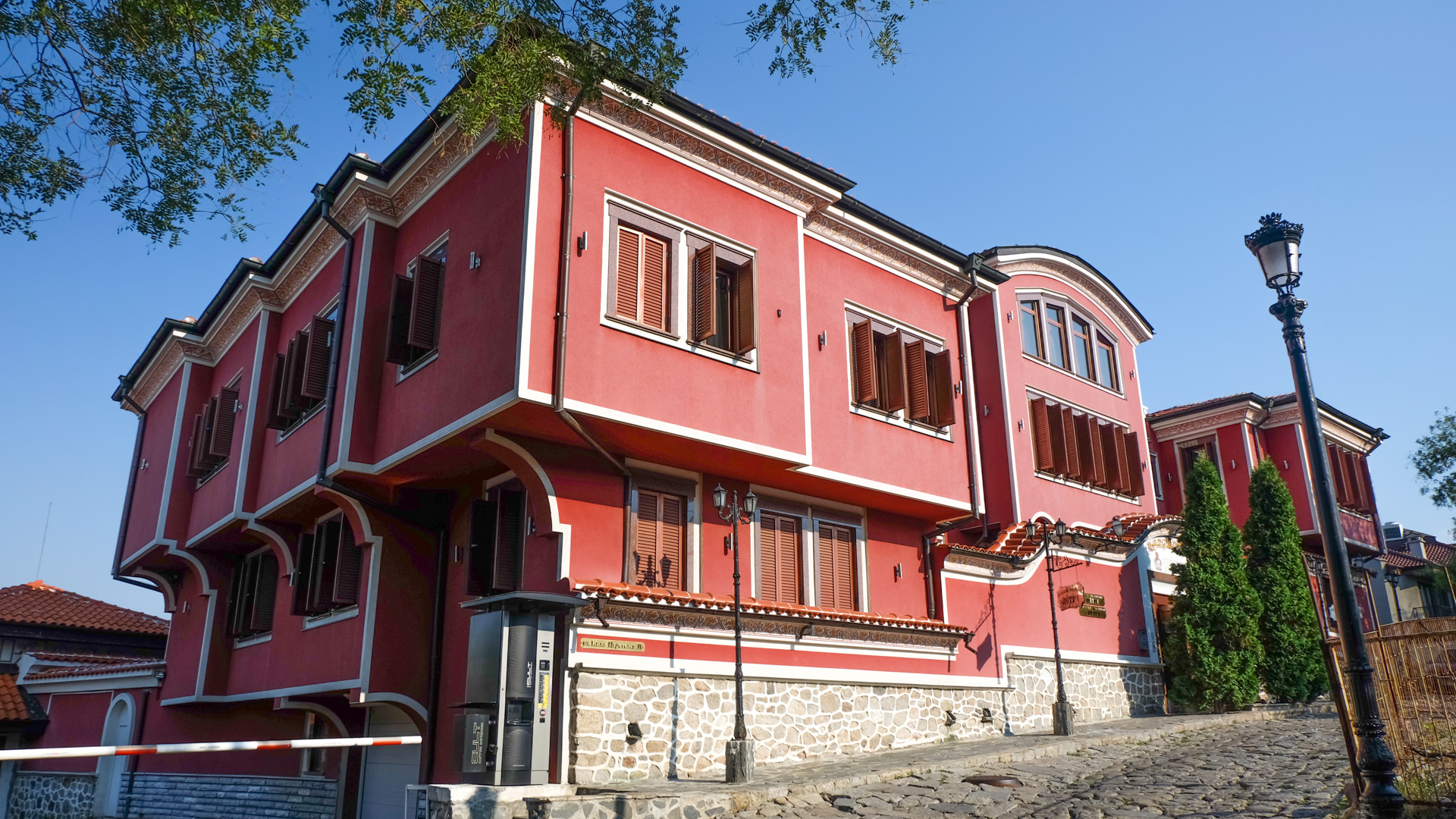
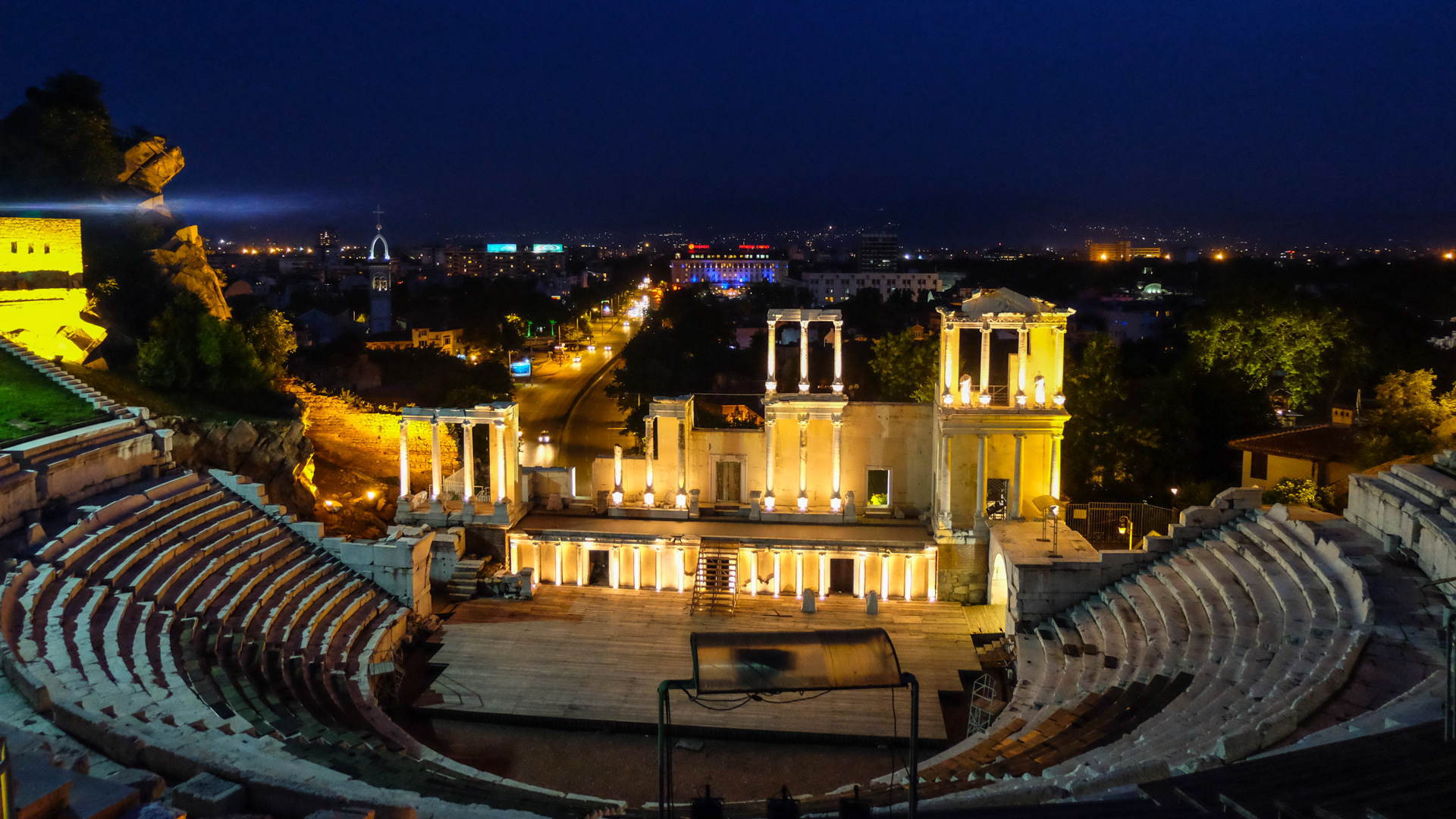
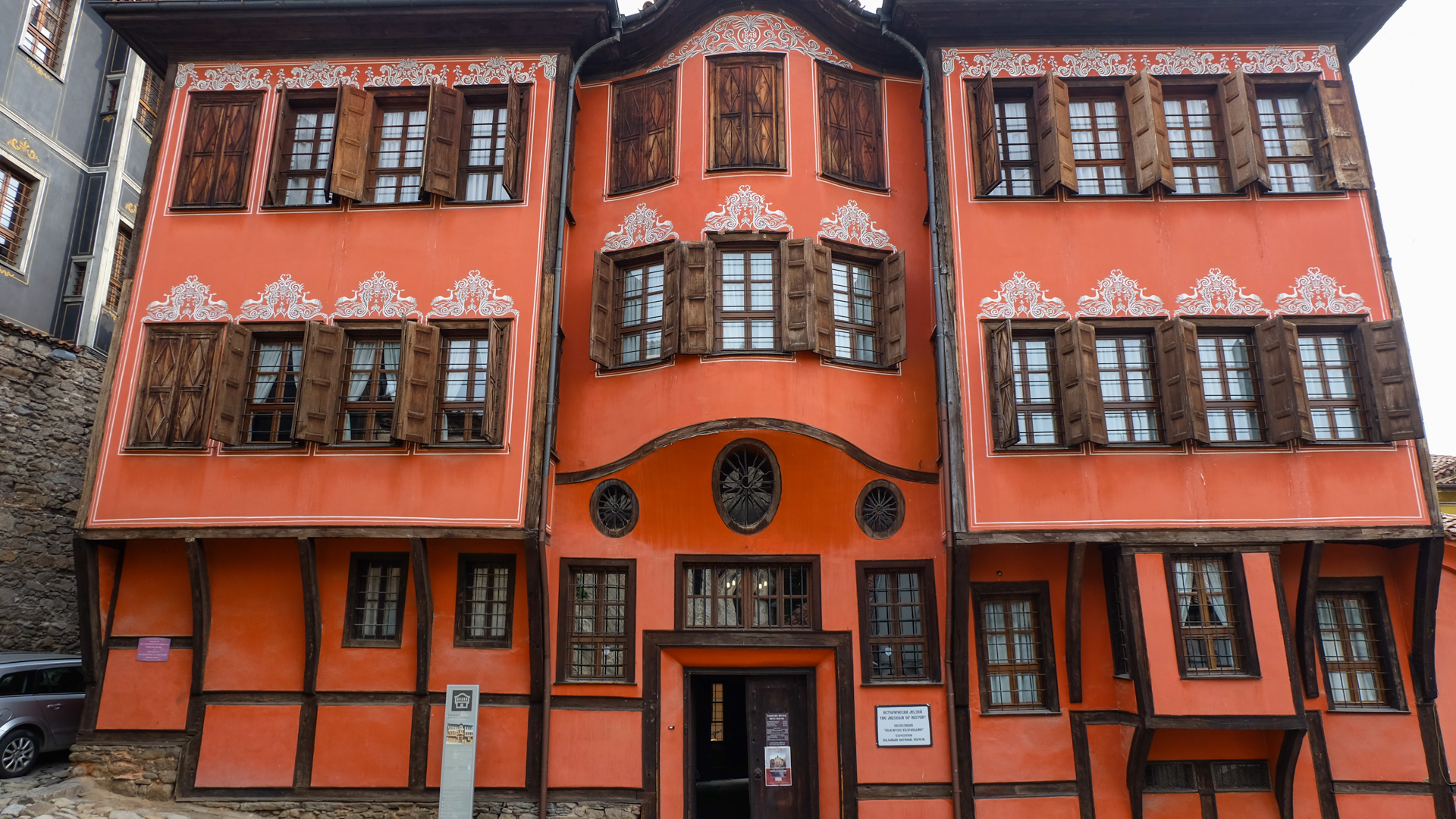
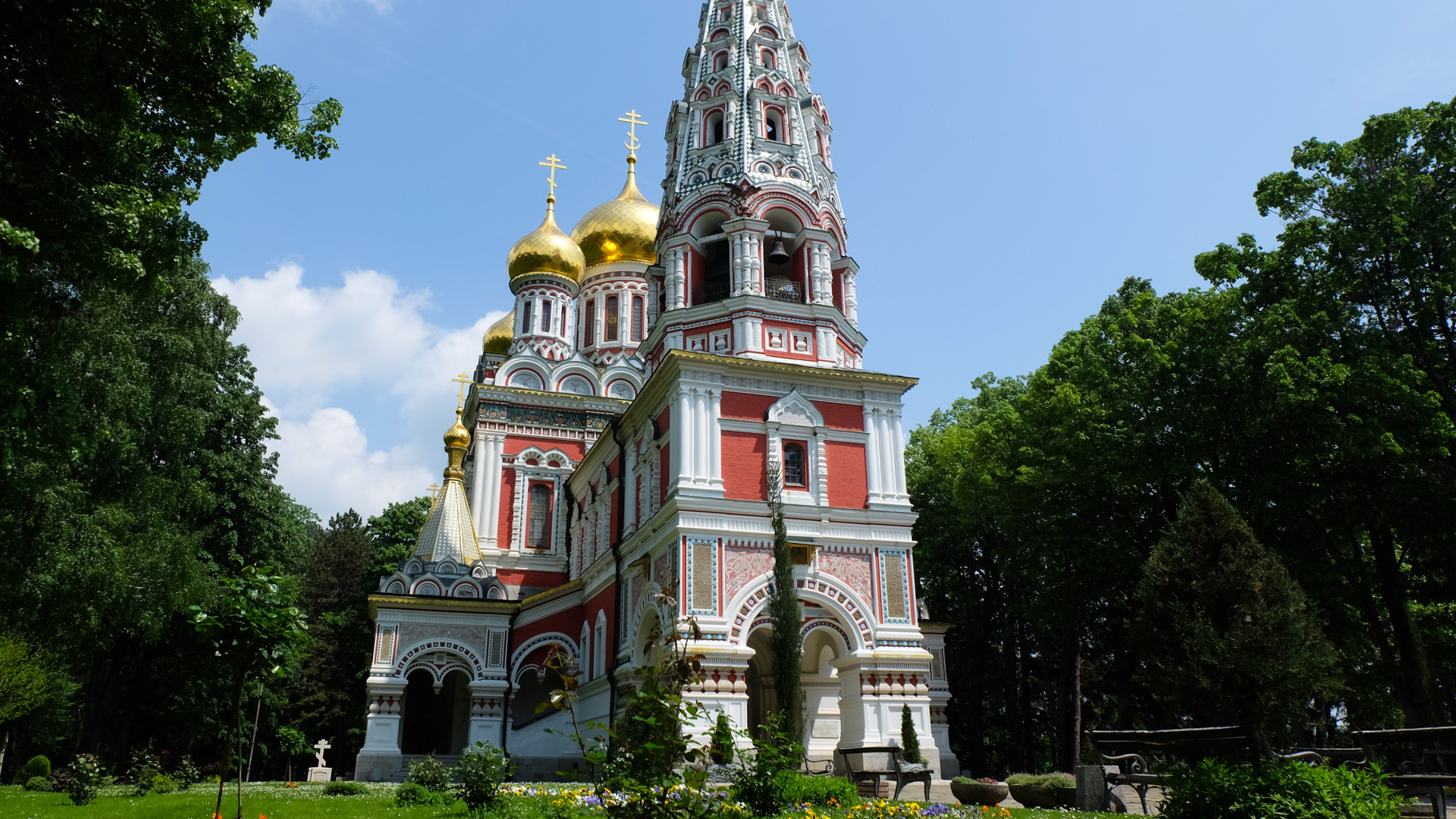
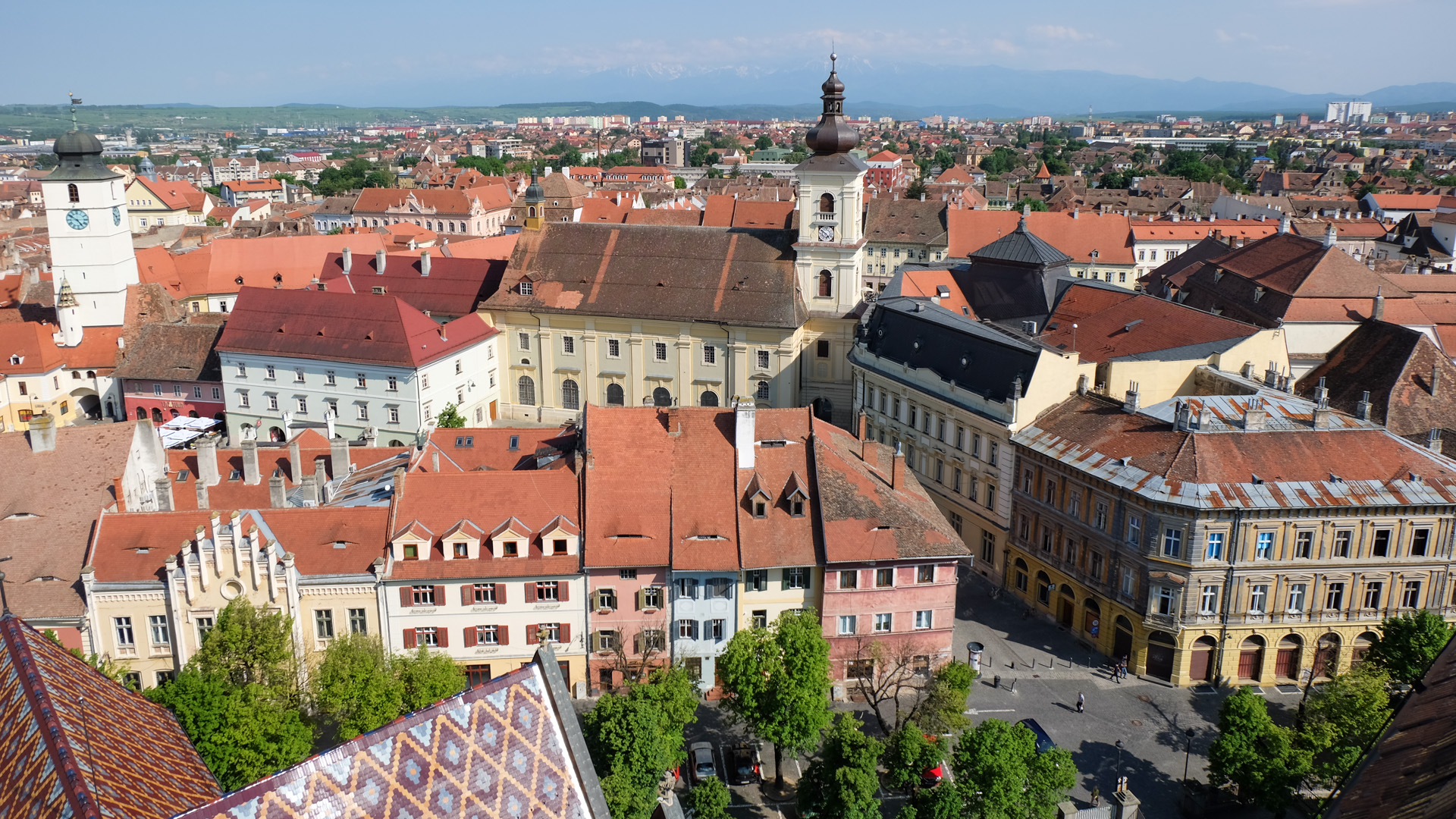
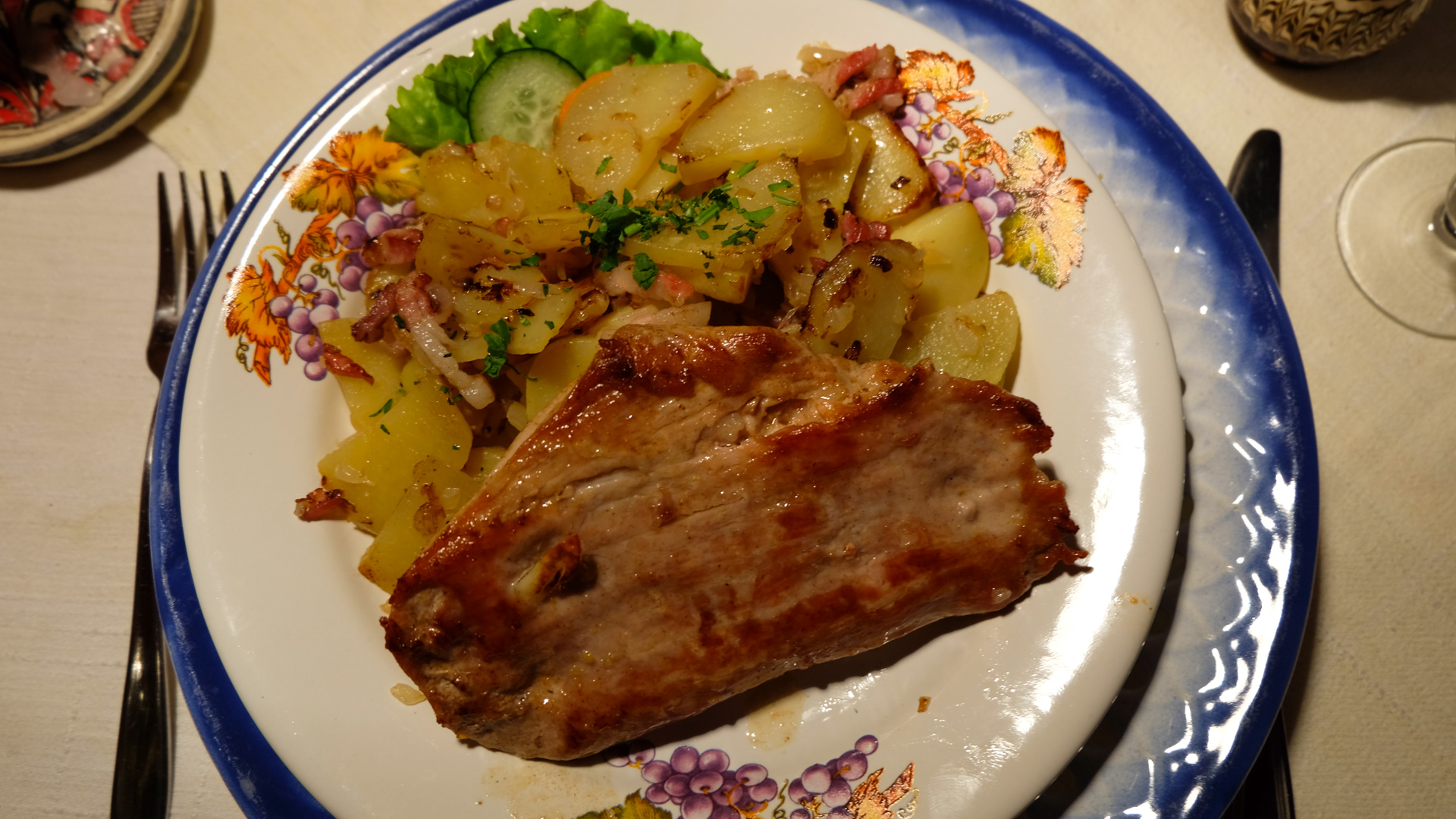
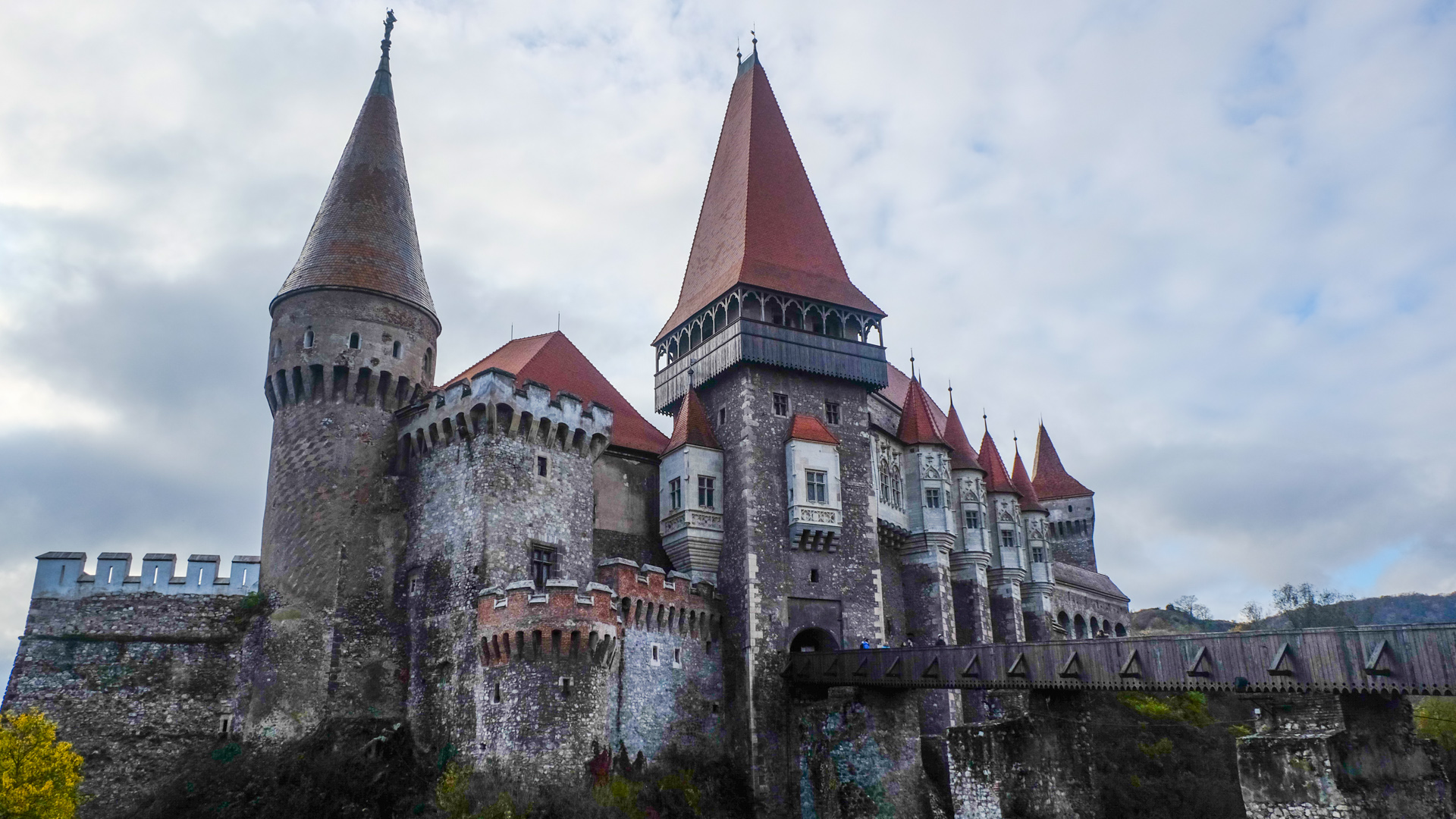
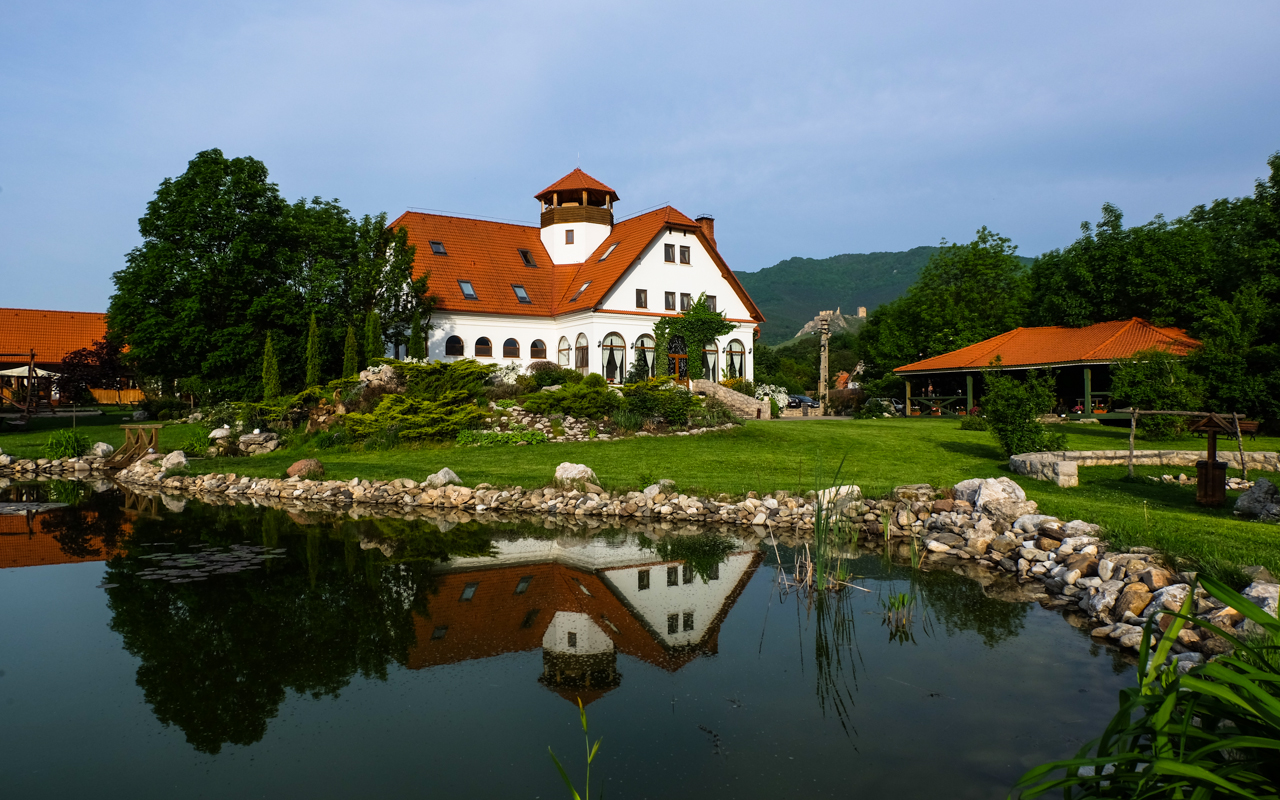
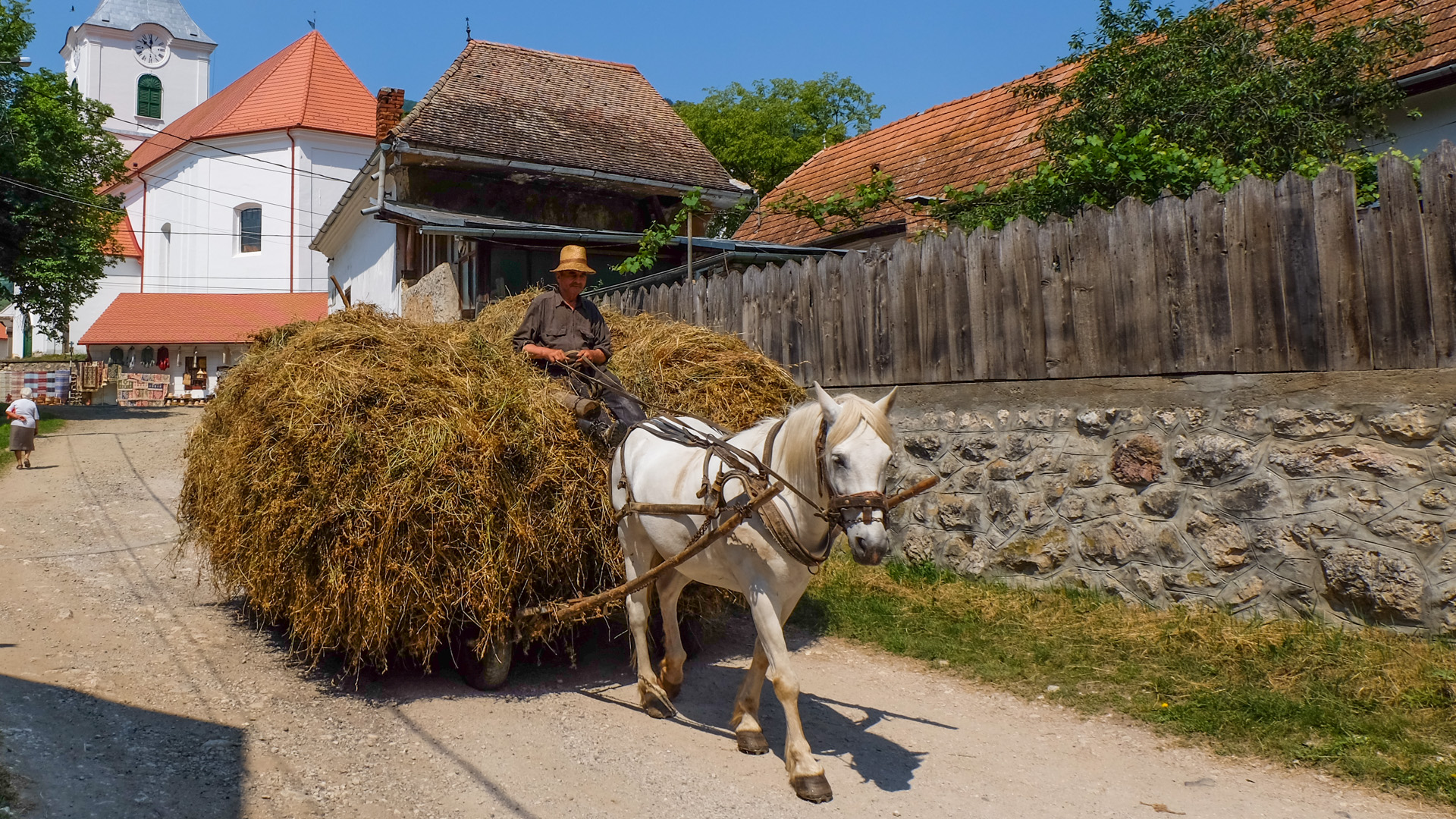
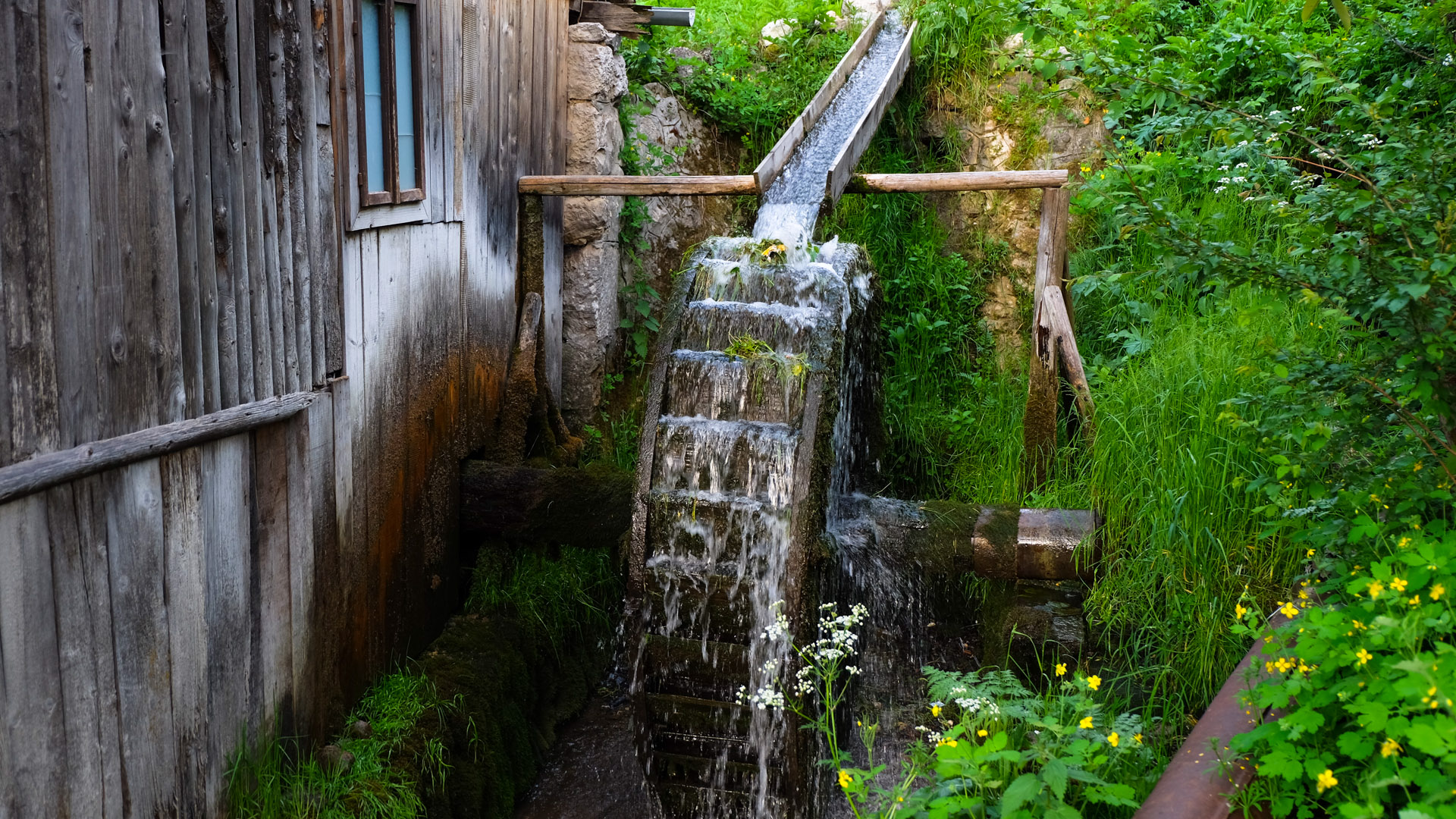
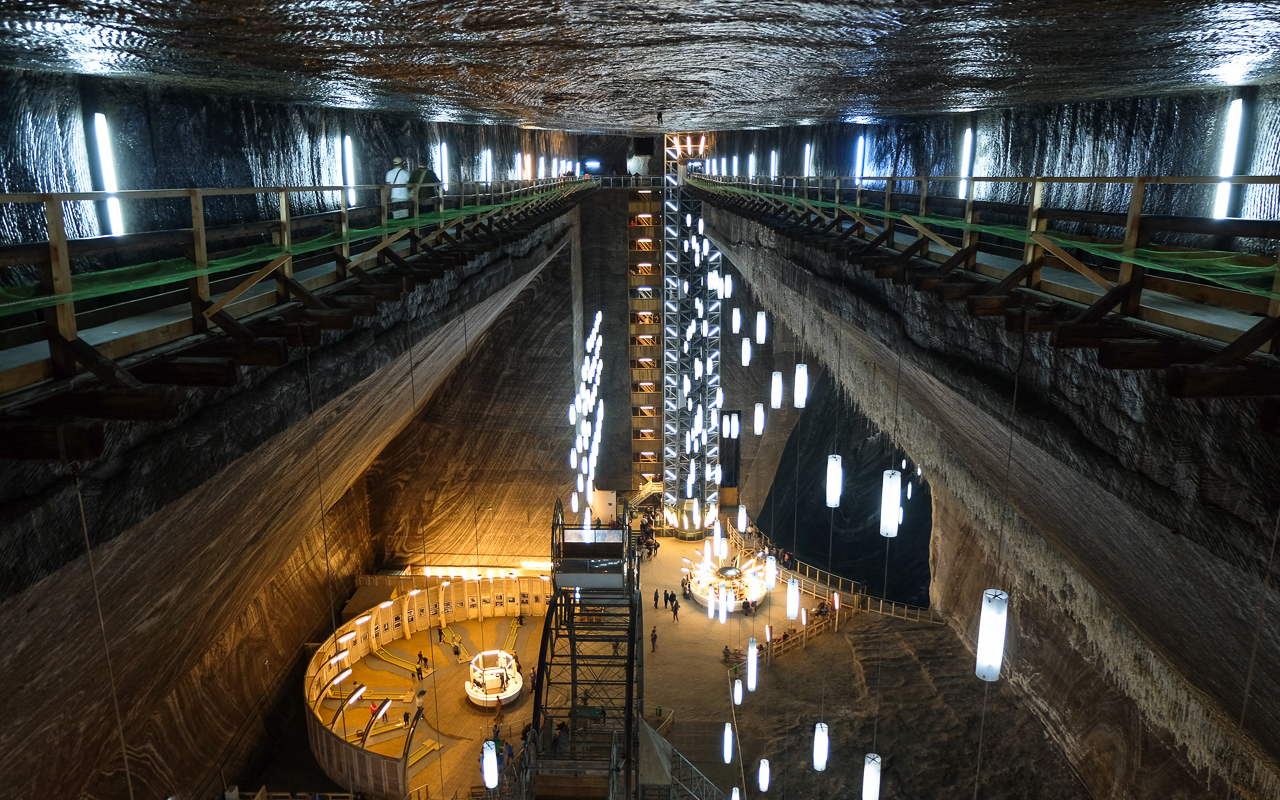
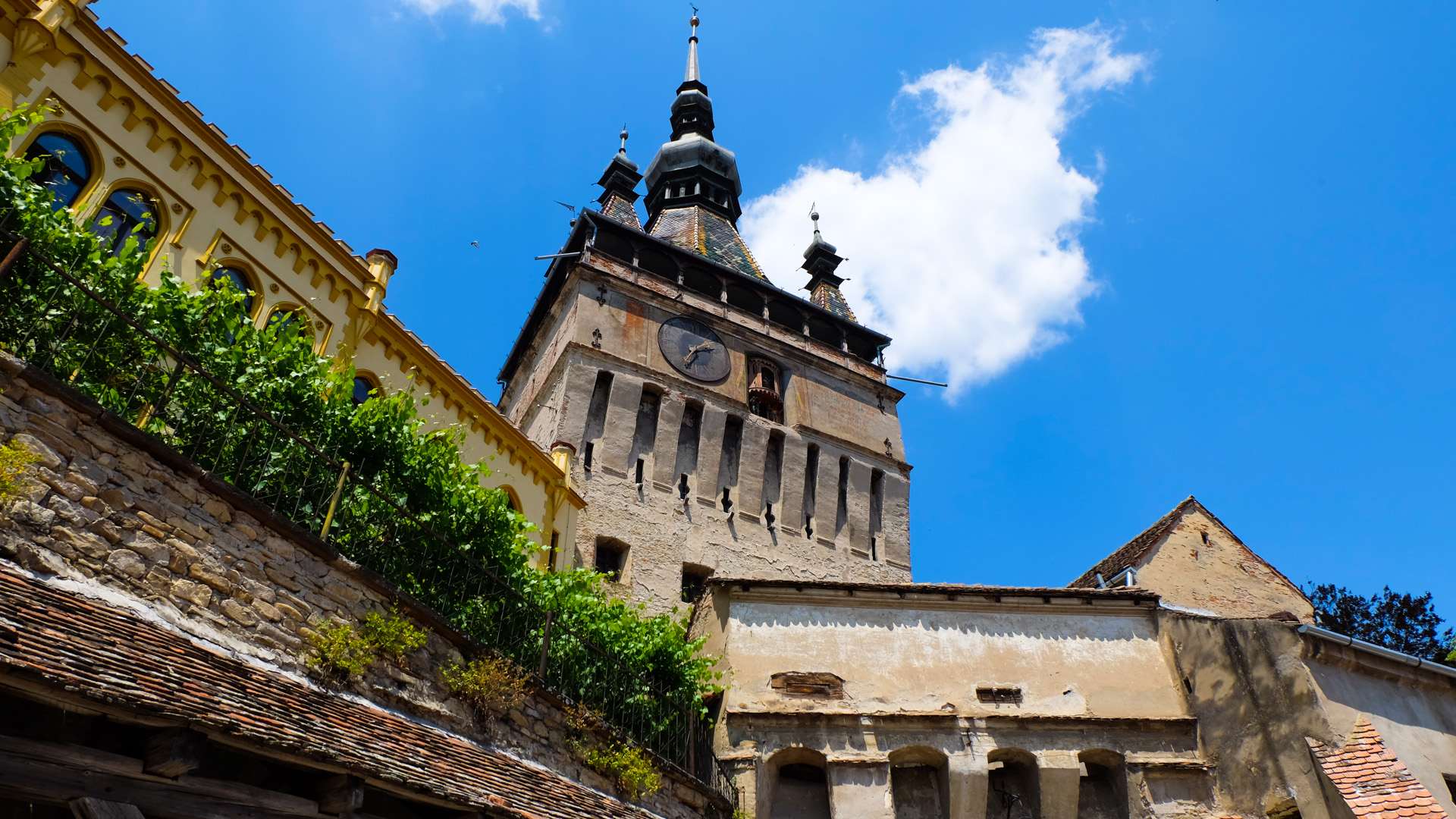
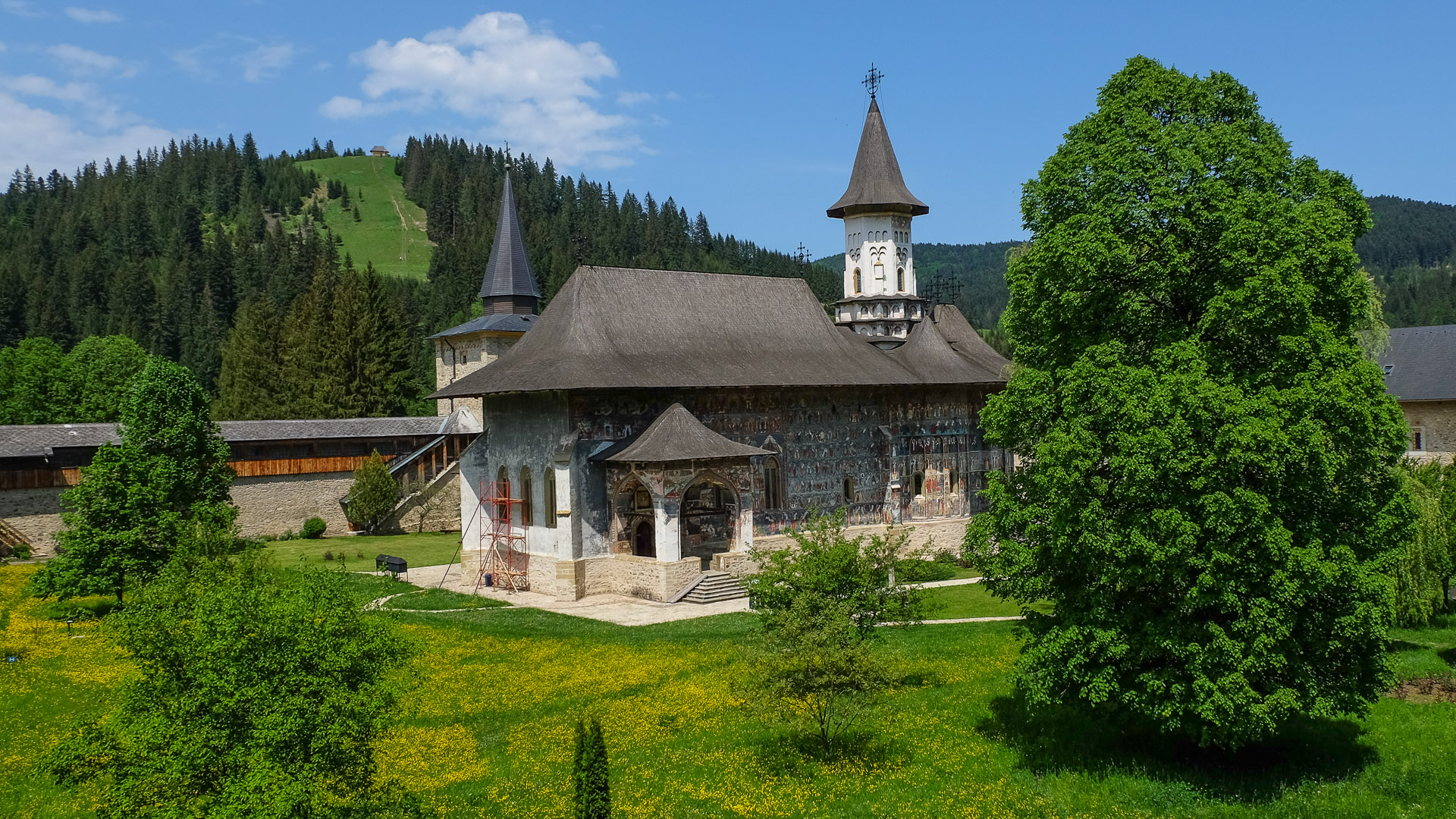
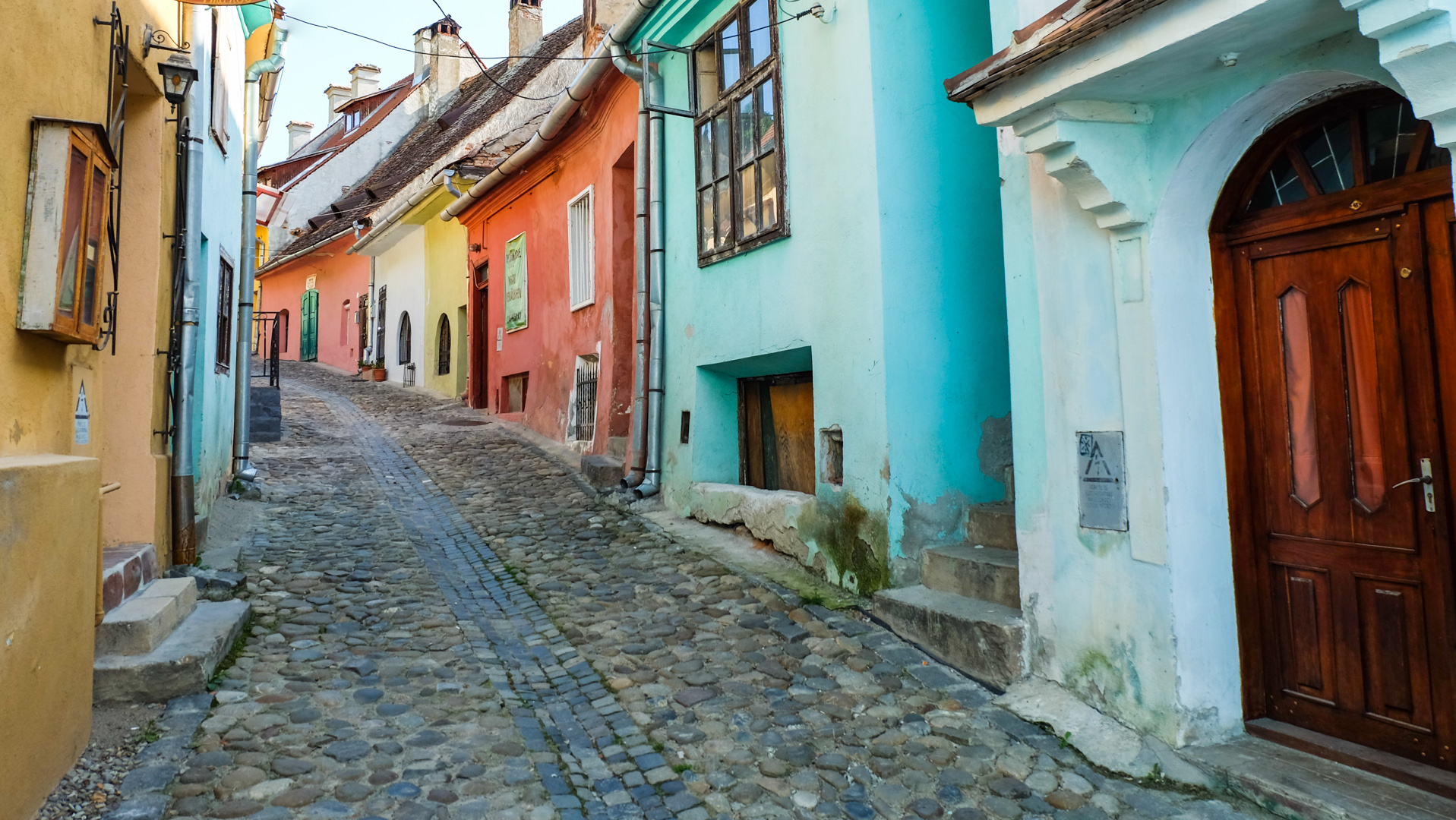
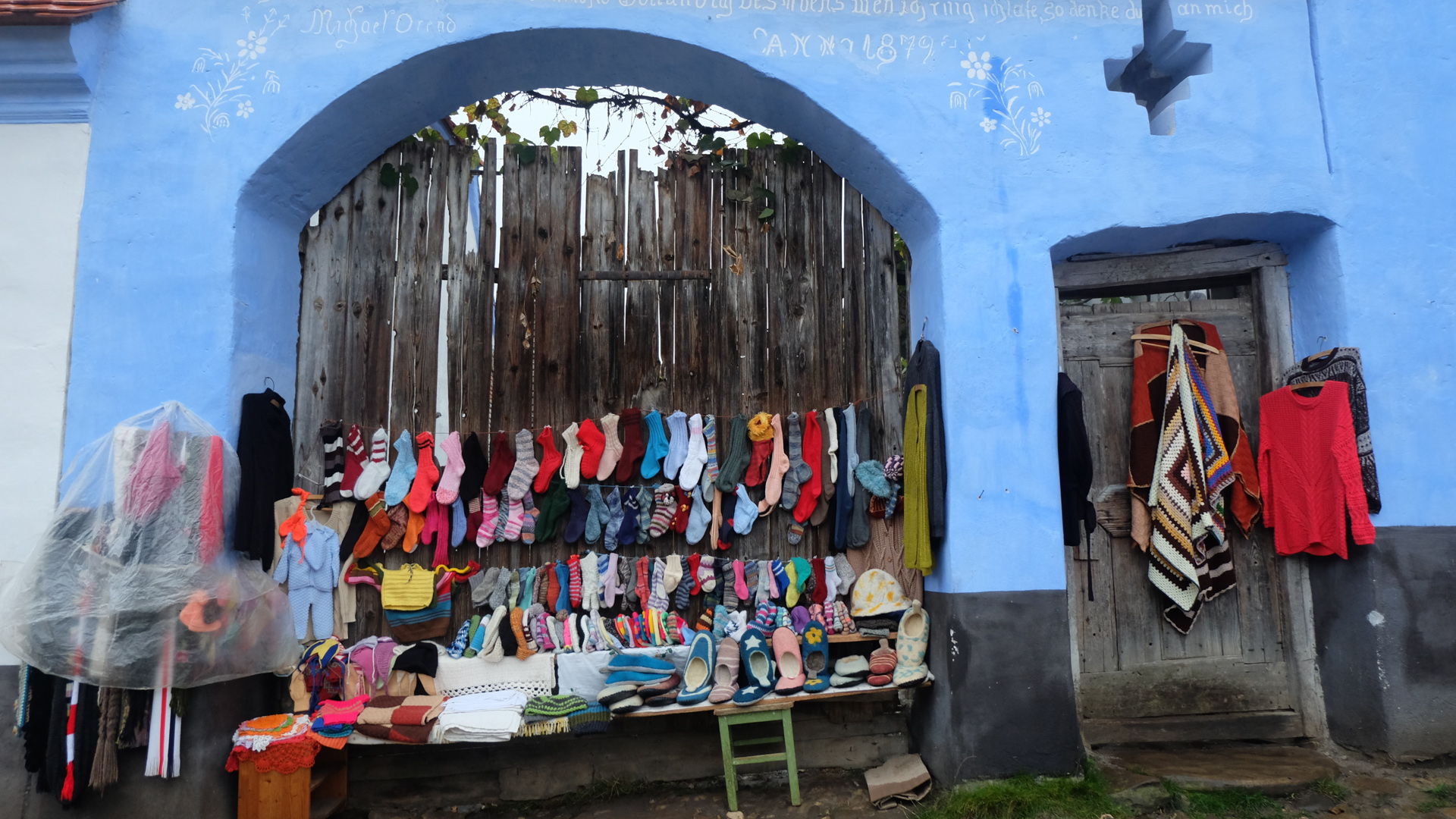
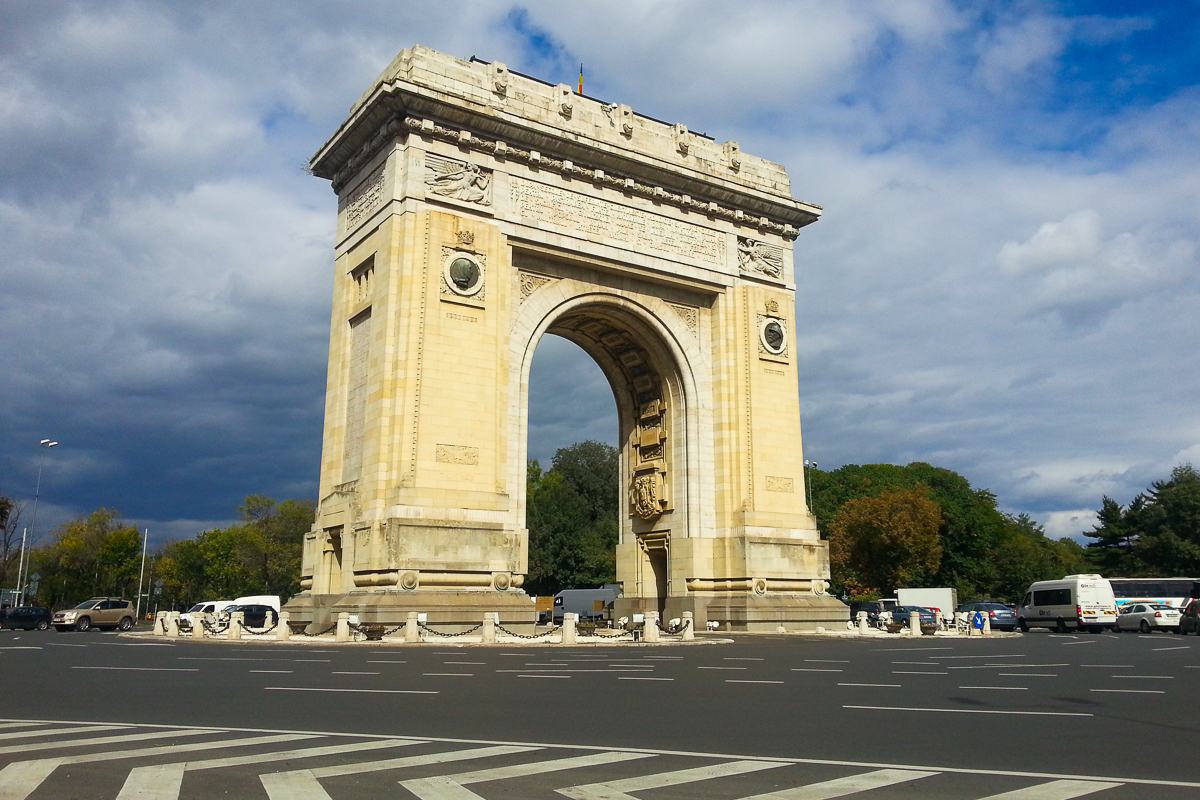
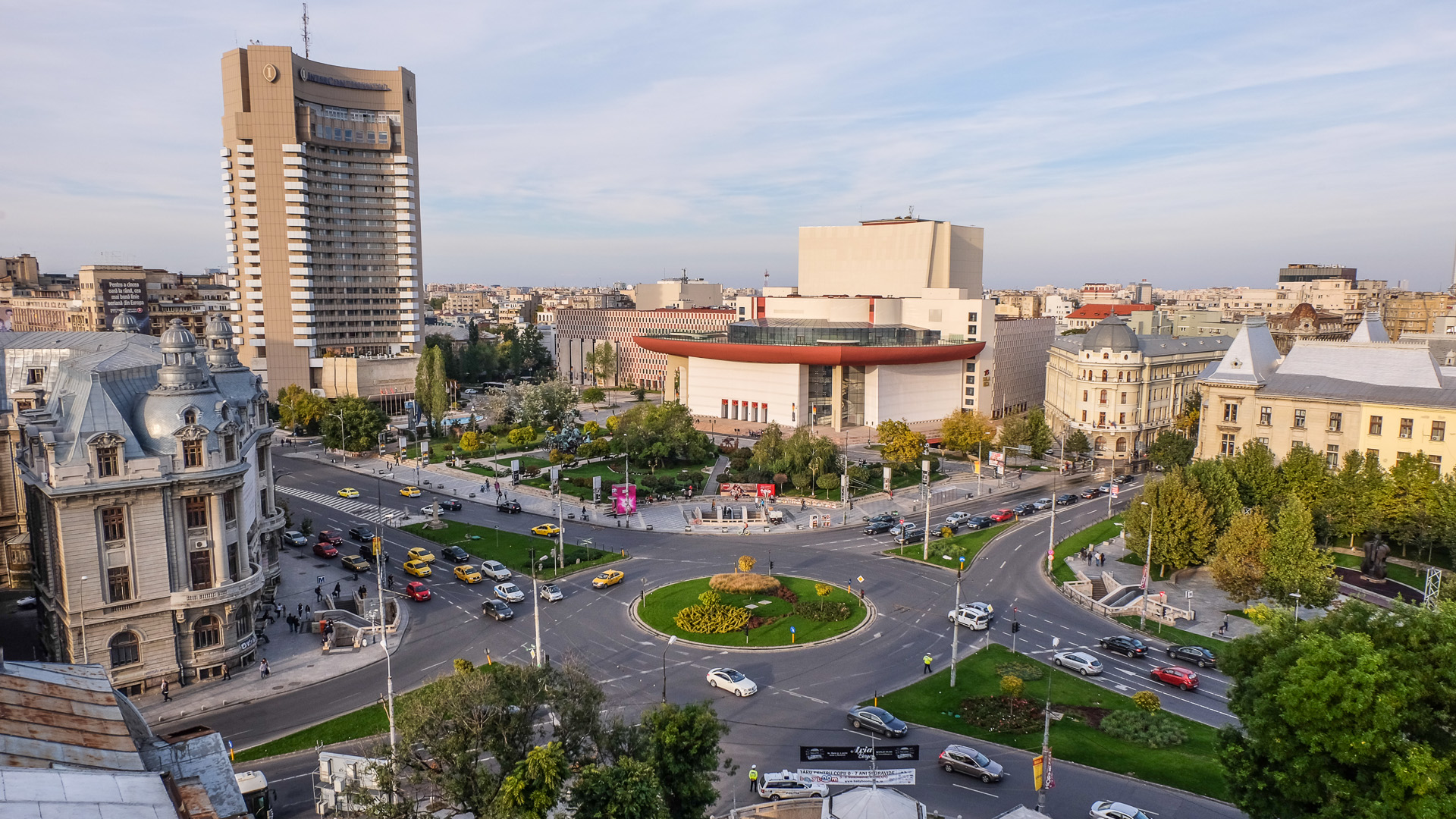
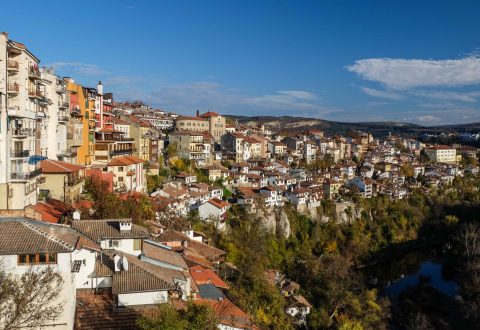


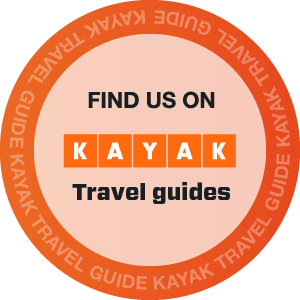

Reviews
There are no reviews yet.